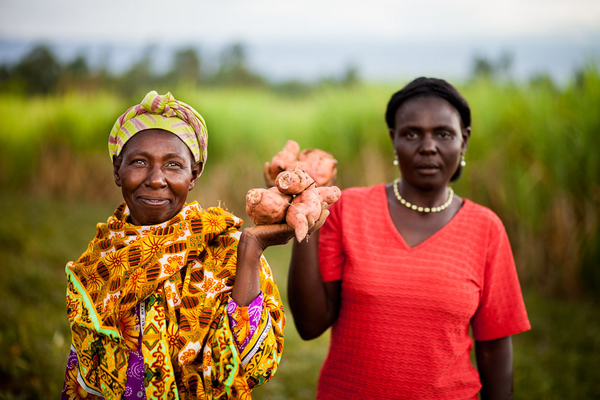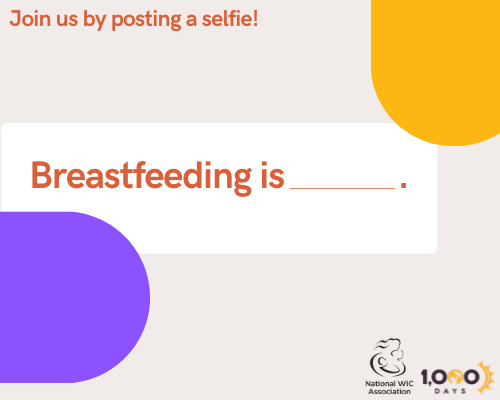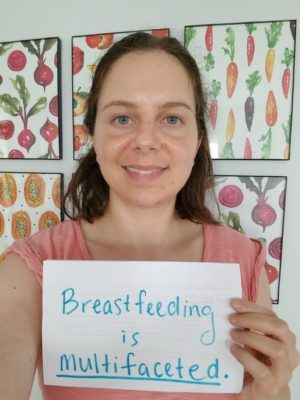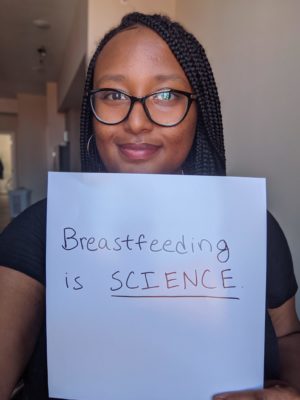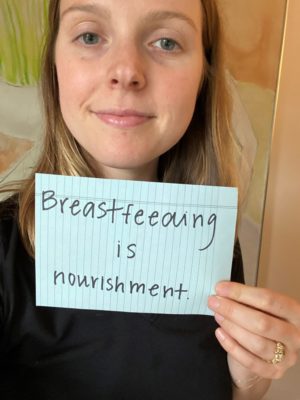What We’re Watching in Congress – June and July 2021
This month, much attention on the Hill and around Washington, DC has been paid to ongoing, bipartisan negotiations on an infrastructure package. This important proposal, focused on roads, bridges, and other “hard” infrastructure developments, will likely be paired with some version of President Biden’s proposed American Families Plan, focused on making a once-in-a-generation investment in our children and our families. While 1,000 Days has been working closely with partners and allies in Congress to ensure that the needs of moms, pregnant people, babies, and their families are met in these packages, we are also focused on a number of other developments related to maternal and child health and nutrition. Here are a few recent actions we’ve been monitoring.
Committee and floor action on maternal and child health legislation:
Throughout May and June 2021, several Congressional committees moved to advance popular, bipartisan legislation to support the health of moms and babies, and a number of these bills received consideration on the House floor. Rep. Lauren Underwood (D-IL)’s Protecting Moms Who Served Act passed out of the Veterans Affairs Committee and received bipartisan support in a floor vote, marking the passage of the first piece of the Black Maternal Health Momnibus. In June, reauthorization for an important newborn screening program, long-championed by Rep. Lucille Roybal-Allard (D-CA), received unanimous approval from the House. Additionally, the House Committee on Energy and Commerce held a hearing on the importance of quality data collection to improving public health that included consideration of two maternal health bills, Rep. Sharice Davids’ (D-KS) Data to Save Moms Act and Rep. Lucy McBath’s (D-GA) Social Determinants for Moms Act. These hearings and floor votes build on the productive consideration of several maternal health bills in the Senate Health, Education, Labor, and Pensions Committee before Mother’s Day. 1,000 Days will continue to share the stories of moms, pregnant people and babies with their representatives in Congress as we fight to make equitable, affordable, quality health care accessible to families everywhere.
Advocates hold week of action on paid leave:
In mid-June, 1,000 Days participated with partners from more than three dozen organizations and the Paid Leave for All campaign on a series of lobby days, bringing constituents to Congress to tell their representatives why their families and communities need paid leave. Culminating in a virtual rally with remarks from advocates, workers, and Congressional champions, this event brought together a wide range of advocates to speak with one voice to say that the time for action on paid leave is now.
Committee hearing on paid leave:
The House Committee on Oversight and Reform held a hearing on “Leading by Example: The Need for Comprehensive Paid Leave for the Federal Workforce and Beyond” to discuss the recent, full implementation of paid parental leave for federal employees and opportunities to expand leave for both government staff and the broader workforce. This comes on the heels of similar attention to the need for a universal, equitable federal paid family and medical leave program in the Senate Health, Education, Labor, and Pensions Committee, as well as the House Ways and Means Committee.
Funding for WIC fresh fruits and vegetables benefit:
In late June, the House Agriculture Appropriations Subcommittee released their spending proposal for FY22, which included an extension of the increased WIC Cash Value Benefit for fresh fruits and vegetables. This program provides moms and babies on WIC with $35 a month to purchase fresh, nutritious fruits and vegetables: a more than three-fold increase from the prior benefit. This program, most recently extended in the American Rescue Plan Act, has helped ensure the nutrition security of WIC families during the pandemic, and has received wide support for extension into the future. 1,000 Days looks forward to working with partners and Congressional champions during the appropriations and Child Nutrition Reauthorization processes to continue strengthening WIC and ensuring the program meets the needs of moms, pregnant people, babies, and their families.


